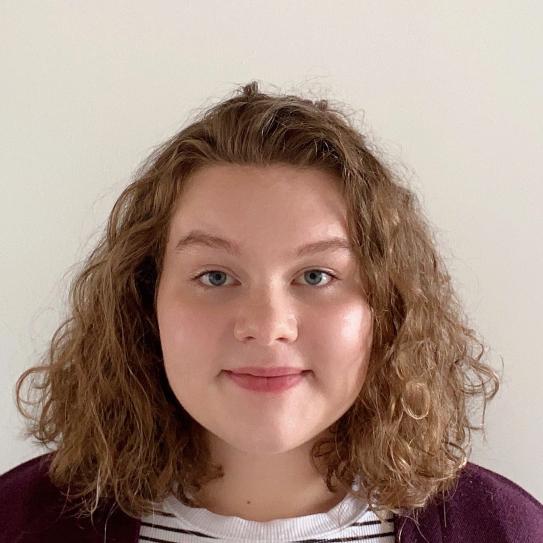Roxie Floyd

What does it mean to you to be an engineer?
Engineers and technologists have to understand that the things we make affect real human beings and we need to develop a relationship not just with what they create but with the people using what they create.
How is your field being redefined for today and tomorrow’s needs? What contributions do you hope to make to this redefined landscape?
I began my college career studying mechanical engineering, and I signed on to a Vertically Integrated Project that involved 3D printing custom orthotics for young patients with cerebral palsy who quickly outgrow their devices and often run into issues with insurance companies as a result. So if you think of a mechanical engineer as someone who builds aircraft or robots, that’s not entirely true anymore; mechanical engineering and its subfields are becoming less isolated in a lab setting and more interactive. So, hopefully, an engineer can be the person who gets to see the look on a child’s face when they regain the use of their arm.
I switched to Science and Technology Studies because I realized I could serve as a bridge between the people building the tech and the people using it. That’s an important relationship, and it runs deeper than a lot of people realize; technology is developing so fast it’s hard for policymakers, ethicists, and others to keep up, so someone has to facilitate closing the gap between them, and that’s where STS scholars have been quickly stepping up, the past several years in particular.
How did NYU Tandon help you redefine yourself?
If I hadn’t gone to a school that had such strong relationships with its hospital system, I wouldn’t have been able to work with patients, and I might never have known how gratifying it was to gain an understanding of both the tech and the human sides of a project simultaneously. You hear a lot of talk about things being multidisciplinary, but I got to really see the importance of merging engineering and the humanities and ended up making that the focus of my thesis.

